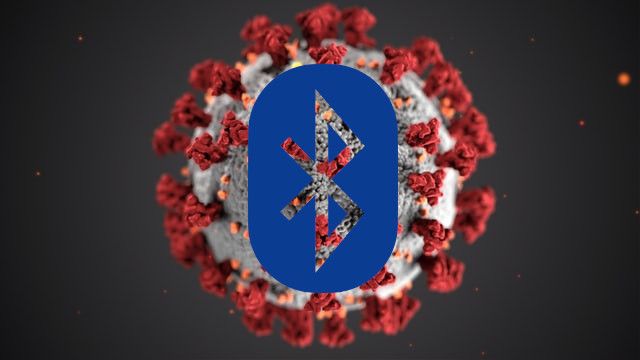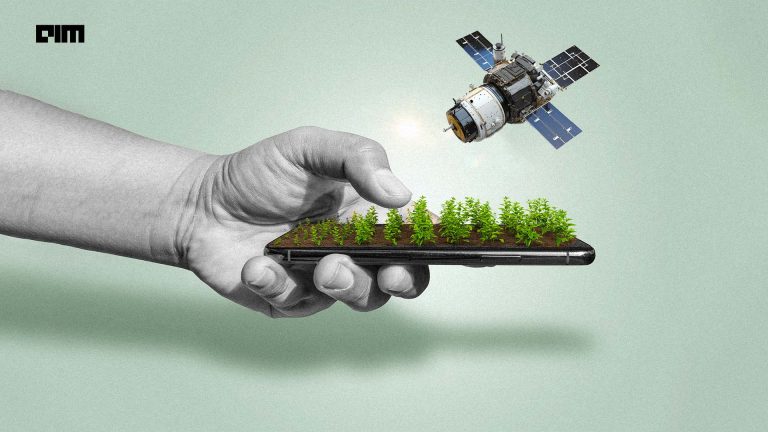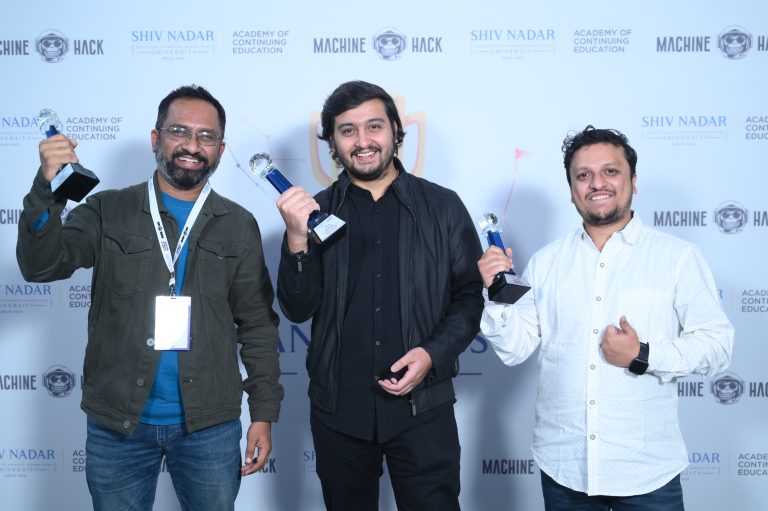The majority of contact tracing applications are based on Bluetooth which is used to aggregate anonymized data sets for analytics.
Governments and health specialists across the world are collectively striving to find solutions to the COVID-19 pandemic. One technology trend that is gaining mass adoption at an incredibly fast pace is contact tracing systems. In this article, we will look at how different organizations are working towards developing contact tracing solutions.
In theory, it is simple to build a smartphone-based automated contact tracing system: each phone would continually send its current location to a central server.
But due to privacy concerns, this cannot be done, and data must be collected in an anonymized fashion. Phones cannot continuously broadcast its phone number or any static identifier as it is a gross violation of privacy. Here is where more complex tools come in.
India’s Aarogya Setu
To illustrate how Bluetooth and analytics are playing a great role in contact tracing, we can look at a very popular smartphone application currently- Aarogya Setu.
The Aarogya Setu application has downloaded by more than 50 million users in only 13 days, which is the quickest ever all around for an application on PlayStore, tweeted NITI Aayog CEO.
Created by the National Informatics Center that goes under the Ministry of Electronics and IT, Aarogya Setu following application is as of now accessible on both Android and iOS platforms.
It furthermore needs an active Bluetooth connection to decide whether you have been inside six feet from the infected individual. Guaranteeing the data is encrypted, the application utilizes your location to know about the zone you around go under the contaminated hotspots using a social graph and data analytics.
The next update of the app is said to utilize cutting edge advances like AI/ML, data science to extend the range of the application on a wide range of devices.
Why Bluetooth-Based Protocols Are The Main Technology Behind Contact Tracing
Smartphones can know where certain people are, with the help of GPS and by determining proximity to other phones using Bluetooth. The majority of contact tracing services available are Bluetooth-based, because GPS is generally not precise enough, and it does not work well indoors. This is why there are multiple such entities which have their own Bluetooth enabled services which can be used in various scenarios. Let us take a look at such solutions.
MIT developed the PACT protocol, which leverages random ‘chirps’ emitted from each person’s smartphone. By using anonymous, random ‘chirps’ on a more-or-less continuous basis, COVID-19 patients can be isolated to reduce risk exposure.
The chirps are emitted using the Bluetooth Low Energy (BLE) protocol, and their received signal strength is used as a proxy for the distance between the two devices.
Decentralized Privacy-Preserving Proximity Tracing
Here is another one. The Decentralized Privacy-Preserving Proximity Tracing (DP-3T) project is an open protocol for COVID-19 proximity tracing using Bluetooth Low Energy functionality on mobile devices that ensures that personal data and computation stays entirely on an individual’s phone. It was produced by a core team of over 25 scientists and academic researchers from across Europe. It has also been scrutinized and improved by the wider community.
To achieve this goal, users continually run a smartphone app that broadcasts an ephemeral, pseudo-random ID representing the user and also record pseudo-random IDs observed from smartphones nearby. Whenever a patient is diagnosed for COVID-19, she can upload some anonymous data from her phone to a central server.
To facilitate proximity tracing, smartphones locally generate frequently changing ephemeral identifiers (EphIDs) and broadcast them via Bluetooth Low Energy advertisements. Other smartphones observe these EphIDs and store them together with the duration and a rough indication of time.
Also Read: Top Valuable DataSets For COVID-19 Researchers
Google-Apple Collaboration
Recently, Google and Apple announced a collaborative initiative, which is seen as a significant boost to contact tracing applications that can help developers around the world build relevant tools. The companies announced that they would be propelling a comprehensive tech solution that involves application programming interfaces (APIs) and operating system-level technology to aid in facilitating contact tracing.
In May, the two organizations will deliver APIs that allow interoperability between Android and iOS gadgets, utilizing help from public health officials. The official apps will be ready for users to download through their app store platforms.
Apple and Google will also strive to enable a more comprehensive Bluetooth-based contact tracing program by making interoperable functionality into the specific underlying platforms.



















































































